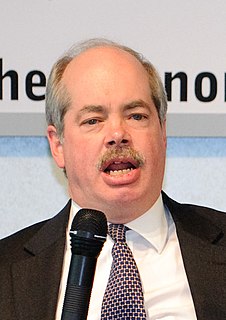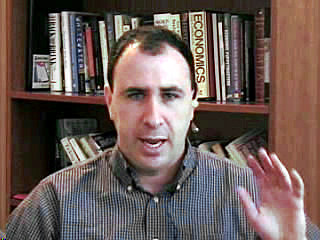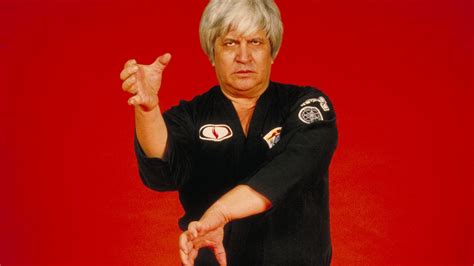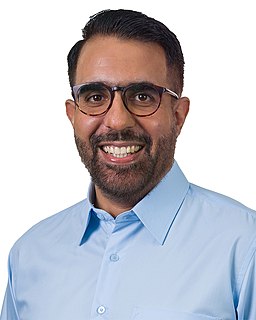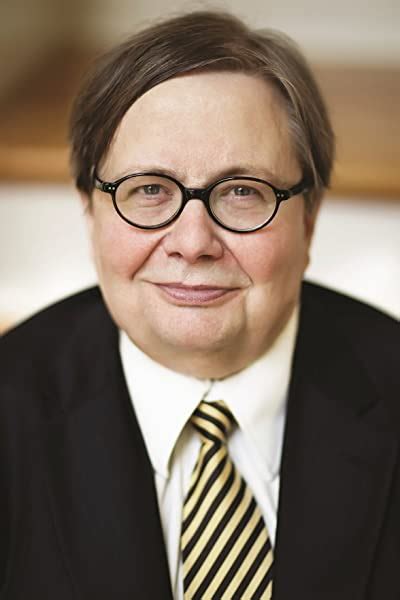A Quote by Amory Lovins
Any demanding high technology tends to develop influential and dedicated constituencies of those who link its commercial success with both the public welfare and their own. Such sincerely held beliefs, peer pressures, and the harsh demands that the work itself places on time and energy all tend to discourage such people from acquiring a similarly thorough knowledge of alternative policies and the need to discuss them.
Quote Topics
Acquiring
Alternative
Any
Beliefs
Both
Commercial
Dedicated
Demanding
Demands
Develop
Discourage
Discuss
Energy
Harsh
Held
High
High Technology
Influential
Itself
Knowledge
Link
Need
Own
Peer
Peer Pressure
People
Places
Policies
Pressures
Public
Public Welfare
Similarly
Sincerely
Success
Technology
Tend
Tends
Them
Thorough
Thorough Knowledge
Those
Time
Time And Energy
Welfare
Work
Related Quotes
Any discuss about taxes ends up being, are you raising them or lowering them, as the opposed to the question I ask - are we raising them for high income individuals that can afford it, and lowering them for lower income people who really need help. Those old categories don't work, and they're preventing us from solving them problems.
Improved energy productivity and renewable energy are both available in abundance—and new policies and technologies are rapidly making them more economically competitive with fossil fuels. In combination, these energy options represent the most robust alternative to the current energy system, capable of providing the diverse array of energy services that a modern economy requires. Given the urgency of the climate problem, that is indeed convenient.
I feel that all knowledge should be in the free-trade zone. Your knowledge, my knowledge, everybody's knowledge should be made use of. I think people who refuse to use other people's knowledge are making a big mistake. Those who refuse to share their knowledge with other people are making a great mistake, because we need it all. I don't have any problem about ideas I got from other people. If I find them useful, I'll just ease them right in and make them my own.
One of the things you learn as president is, as powerful as this office is, you have limited bandwidth. And the time goes by really quickly and you're constantly making choices, and there are pressures on you from all different directions - pressures on your attention, not just pressures from different constituencies. And so you have to be pretty focused about where can you have the biggest, quickest impact.
If you look at history, even recent history, you see that there is indeed progress. . . . Over time, the cycle is clearly, generally upwards. And it doesn't happen by laws of nature. And it doesn't happen by social laws. . . . It happens as a result of hard work by dedicated people who are willing to look at problems honestly, to look at them without illusions, and to go to work chipping away at them, with no guarantee of success — in fact, with a need for a rather high tolerance for failure along the way, and plenty of disappointments.
For the longest time, the state discourse in Singapore has eschewed any reference to welfare. Similarly, the state has tended to place meritocracy on a pedestal. Political leadership has tended to frame both issues in the extreme, with welfare representing the bad, and meritocracy representing the good.
The president has a right to discuss his national security policies with the public. But that should be done in the light of day without endangering our sources or methods. The public has no need to know details about intelligence assets or special operations units. Such disclosures endanger those who protect us.


